Bethlem Museum of the Mind tells the history of mental healthcare through an internationally renowned collection of archives, art and historic objects. Based on the site of the UK’s oldest residential psychiatric hospital, Bethlem Royal Hospital, it destigmatises mental illness through its challenging displays, exhibitions and extensive educational programme.
Maudsley Charity is its principle funder, and in 2015 the charity contributed a total grant of £2m to the relocation of Bethlem Gallery and Bethlem Museum of the Mind into a new home on the hospital site. You can see a video of the opening below. In the same year, the museum relaunched as Bethlem Museum of the Mind and was a runner-up in the 2016 Art Fund Museum of the Year Award.
The archives and museum were first established at Bethlem Royal Hospital in 1970 and has been managed as a charity, the Bethlem Art and History Collections Trust (BAHCT) since 1992.
Thousands of artworks, dating back over 200 years
The museum holds centuries of historical archives and material relating to Bethlem Royal Hospital from its early beginnings as a priory in 1247. Its collection includes over 1,000 works of art dating back over 200 years, including the work of Richard Dadd and Louis Wain, both patients at Bethlem Hospital.
Alongside the museum’s permanent displays, it stages three exhibitions each year exploring the past and present relationships between art and mental health. They are accompanied by a lively series of workshops, talks, tours and events. It welcomes over 9,000 visitors every year.
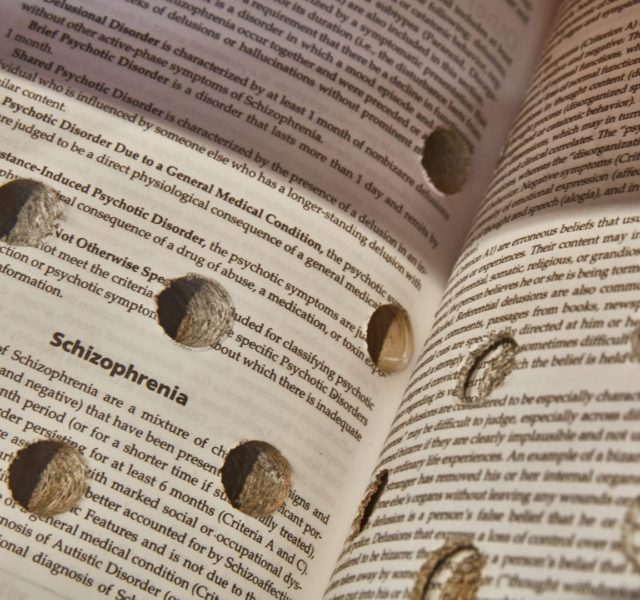
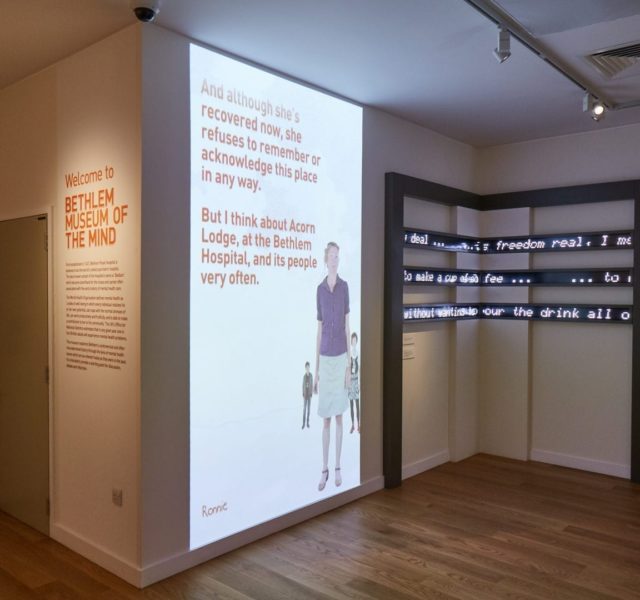
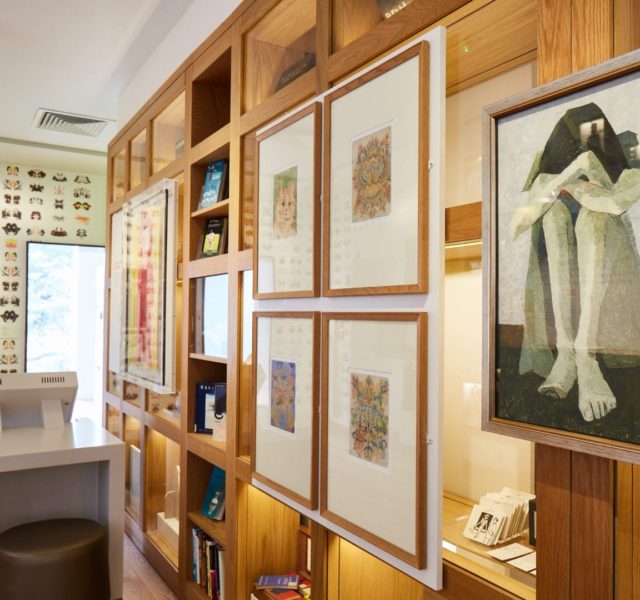
Taking the stigma away from mental illness
The museum partners with other organisations across the cultural sector, including the Wellcome Collection, Tate Modern and the Royal Academy with the aim of widening access to our collections, contributing to the health and wellbeing agenda, as well as striving to de-stigmatise mental illness.
Bethlem Museum of the Mind holds exhibitions, offers talks and tours, internships and research opportunities, as well as a unique learning programme developed in partnership with the Institute of Psychiatry, Psychology and Neuroscience, King’s College London for secondary and higher education groups.

Opening the collection up to a wider audience
Geeti recently went to the museum as part of its learning programme. She says, ‘Visiting the museum was an excellent opportunity and the students really enjoyed the day. They learned a lot from the workshop and it supported the A-level syllabus.
‘We really valued the opportunity to raise awareness about mental health and to learn about a working hospital. The most enjoyable part was the weekend workshop because it was collaborative group work and the students learned about care in the community as well as the involvement of families and professionals when supporting people with mental health problems.’
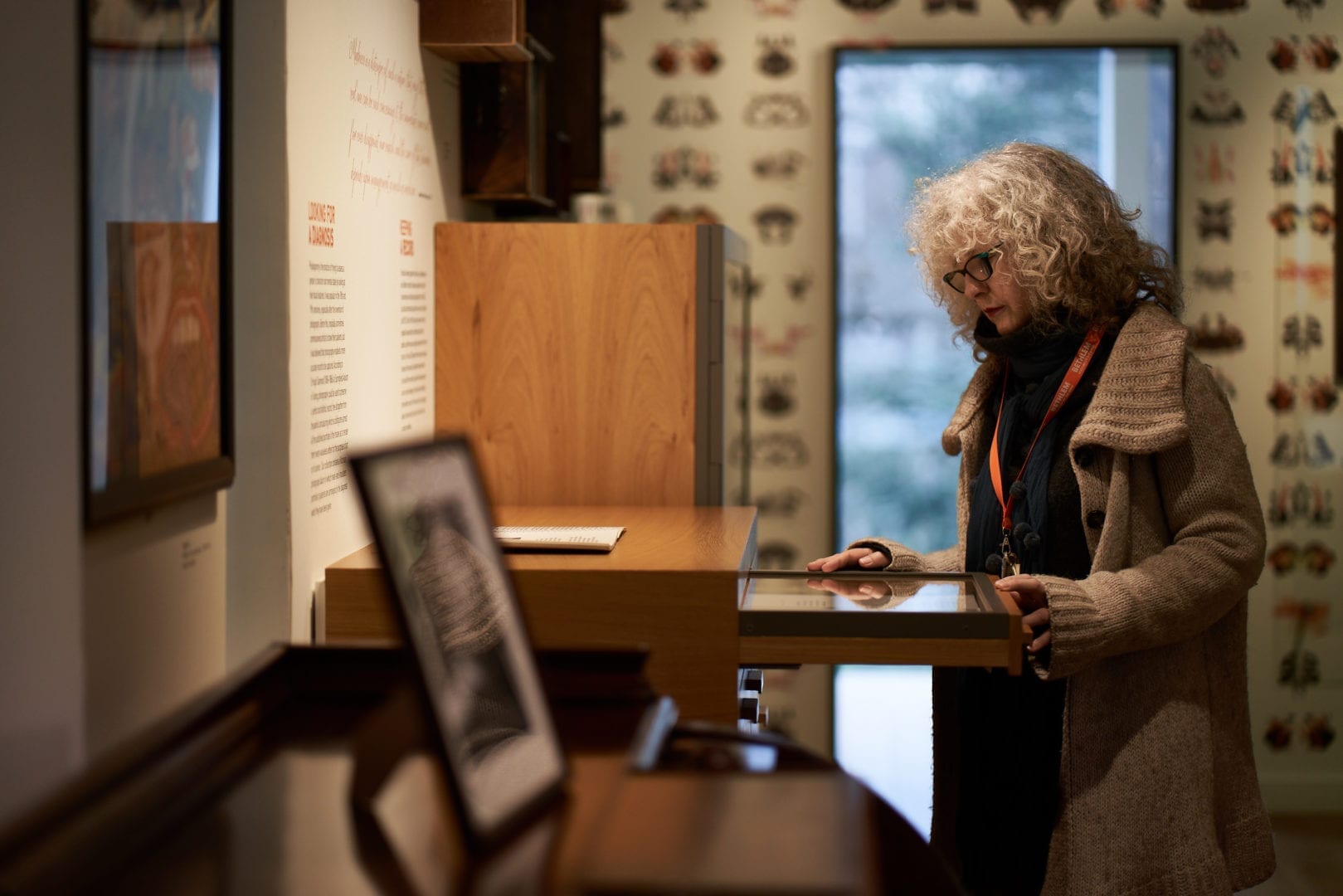
A place to start conversations around mental health
Julie has been volunteering at the museum for 18 months, and her role involves front-of-house and gallery invigilation. She is one of 25 volunteers who help keep the museum running.
Julie is in a unique position to see how visitors react to the Museum’s displays, which in places are challenging and deal with sensitive subject matter. “They may find it emotional or difficult, but everyone says very positive things about their visit.”
"Many visitors have experience of mental illness, sometimes through friends or family, and the museum prompts people to open up and talk about it.”
She remembers a group of American students who were particularly impacted: “They don’t talk about mental health in the US, so it was very unusual for them to see a place where that kind of conversation could be started”.
She enjoys the inclusivity of the museum, which is not only open to the public but to all staff and service users on the site of the Bethlem Royal Hospital. She frequently meets people from the hospital, as well as their friends and families. “It’s an interesting place to work, with lots of interesting stories”.
Support us
Your donation will enable us to continue to fund vital projects like Bethlem Museum.
Donate now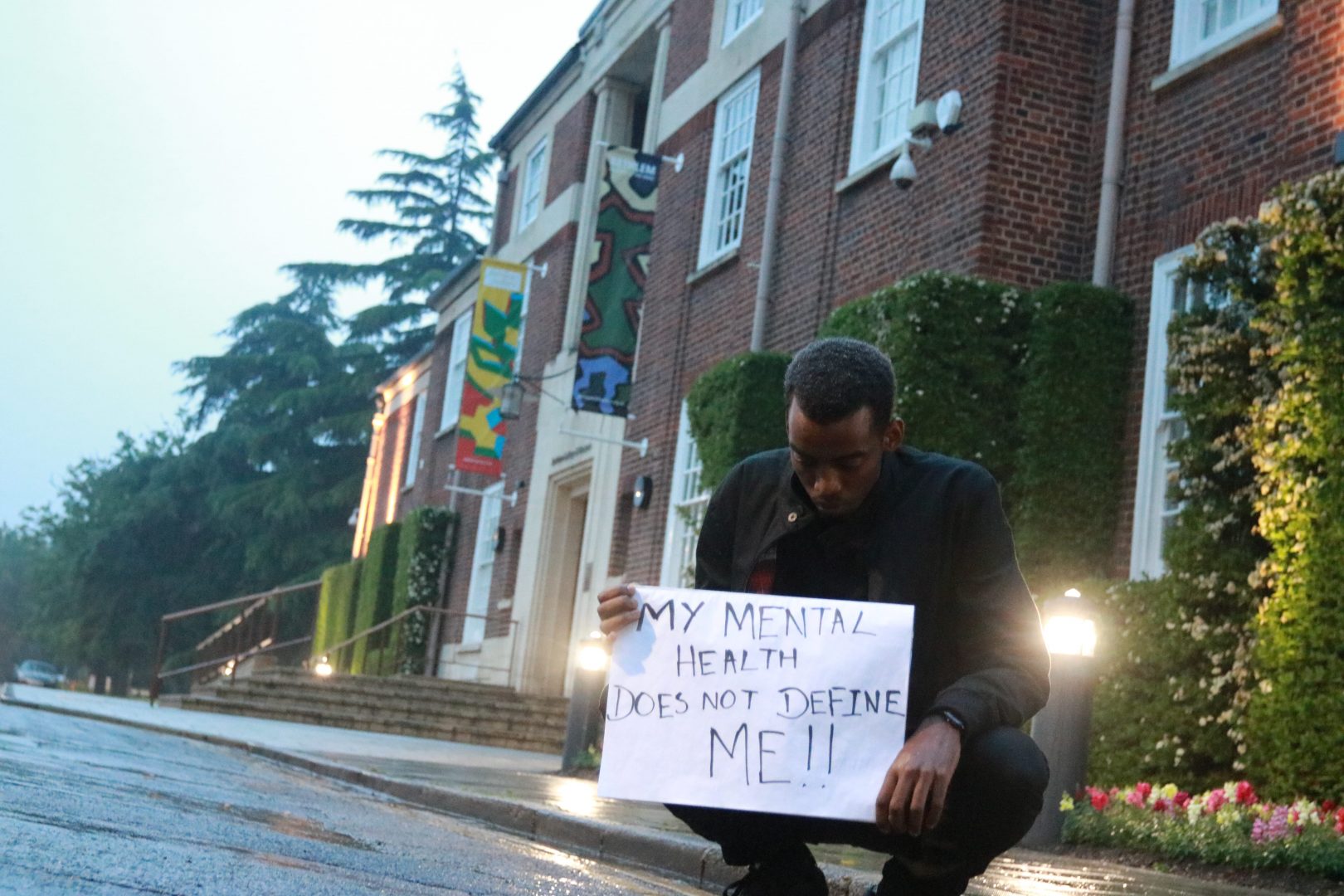
Something you may be interested in
-
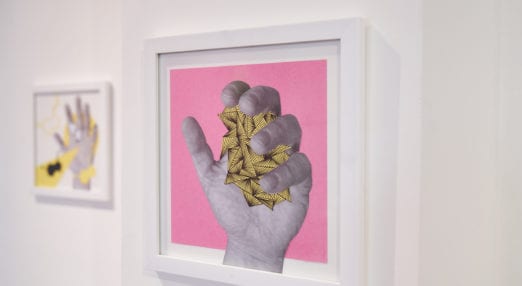
Bethlem Gallery
Managed by a small, artist-led team, the gallery provides a professional space for high-quality artwork and fosters a supportive artist-focused environment.
Read more
-

Daniel on helping other young people through creativity
Daniel was part of the team of talented young people who worked on the Creative Communities project. In the future, he’d like to use his writing and horticulture to help people with their mental health.
Read more
